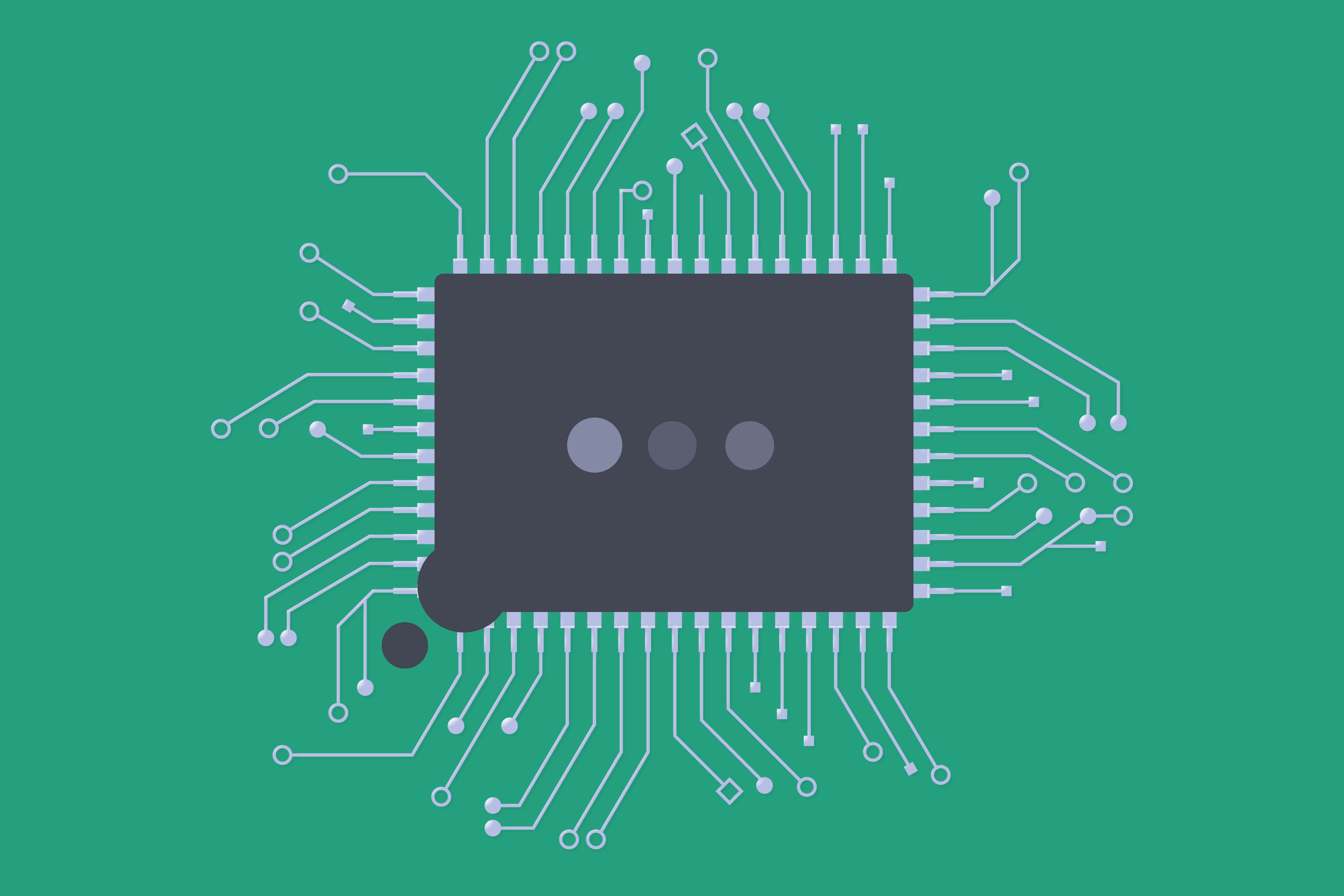A brotherhood is bolstered by food and friendship
- Share via
In the kitchen of this Winnetka hall, honey-filled balls of lokma are piled on plates for dessert. Puff pastries called borek are filled with cheese, eggs and dill, then warmed in the oven. Spicy Armenian prosciutto chills in the fridge.
The night’s main dish — marinated beef called doner on three large spits — is roasting. It takes at least five hours to make a proper doner, says cook Sako Cicek. He places thin ribbons of the meat in a chafing dish.
Photos: Turkish Armenians in Southern California
The occasion for this feast is Doner Night, an event sponsored by the Organization of Istanbul Armenians, a group of more than 1,000 Turkish Armenians in Southern California. Of the hundreds of thousands of Armenians in California, Turkish Armenians make up a small fraction. In addition to Armenian, they also speak Turkish, listen to Turkish music and have adopted many of the traditions of that country.
There are times, some said, when this closeness with Turkey — those who remained in that country were sometimes discouraged from following their own traditions and culture — has made it difficult to gain acceptance from other Armenians. But that is changing. Organizations like the one hosting this event have found ways to embrace both elements of the culture.
“Now they are going through a certain revival,” said Richard Hovannisian, who holds the chair of the Armenian Educational Foundation at UCLA. “They’re given a little more space to discover their culture.”
After renting various spaces for years, the Organization of Istanbul Armenians occupies an ornate two-story building in Winnetka where children take Armenian-language lessons and events like Doner Night bring hundreds together for music and food. This year, the group will celebrate its 35th anniversary.
But when the group started, said Avedis Tekolian, one of the founders, “we didn’t have much money. People gave $3, $12. We worked very hard.”
In the U.S., said Talin Sarafoglu, the president of the Istanbul Armenians ladies auxiliary, which organized the weekend event, Turkish Armenians were able to learn more about the Armenian side of their culture.
“When we first came here, we also went through a revival of finding our Armenian identity,” she said. “Our goal is while we can keep some of the customs and the food from our native land, we also want to bond with other Armenian groups.”
Like others, Frank V. Zerunyan, a city councilman in Rolling Hills Estates, left Istanbul because his family wanted more opportunities for him than they believed he would have in Turkey. When he was 11, his father, who had been a successful business owner, started getting threats.
“At that time, it was not very well received when a non-Turkish individual or Christian minority reached levels of substance,” he said. “My father knew very well that I could not have much of a future in that country.”
When he arrived in the U.S. in 1978, the Organization of Istanbul Armenians was 2 years old and had only a few dozen members. He joined and ultimately became chairman of the scholarship committee.
For Berna Khachigian, another member of the auxiliary, the organization became like a second family.
She came to the U.S. when she was 12 and has only a few close family members here, she said.
Past 10 p.m. on a recent Saturday night, Khachigian was in the kitchen, keeping tabs on things. The doner had been served. The dinner had been an elegant affair, with linen tablecloths and modern white china. Bottles of soft drinks, red wine and an anise-flavored drink called raki had been passed around the table.
Photos: Turkish Armenians in Southern California
The deejay was beginning to play Turkish and Armenian songs with a heavy bass that could be heard clearly in the kitchen.
“This is a gathering place for us,” Khachigian said. “We have friends here, they have become like cousins.”
More to Read
Sign up for Essential California
The most important California stories and recommendations in your inbox every morning.
You may occasionally receive promotional content from the Los Angeles Times.











